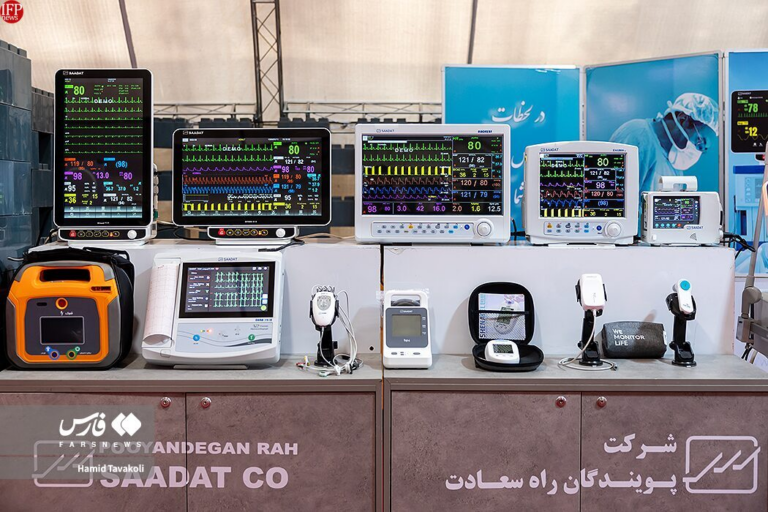Microsoft Unveils Energy-Efficient CPU-Based AI Model: A Game Changer in Sustainable Technology
Microsoft has made a significant breakthrough in AI technology with the introduction of the new BitNet b1.58 model. This innovative model drastically reduces memory and energy consumption while maintaining a performance level comparable to full-precision AI models. As the demand for efficient AI solutions grows, Microsoft’s BitNet b1.58 presents a compelling option for low-resource applications.
Most contemporary large language models (LLMs) utilize 16- or 32-bit floating-point numbers for storing neural network weights. Although this method provides high precision, it leads to substantial memory usage and demanding processing requirements. In contrast, the General Artificial Intelligence group at Microsoft has developed BitNet b1.58, which operates using only three weight values: -1, 0, and 1. This ternary structure, which builds upon Microsoft Research’s 2023 findings, simplifies complexity and offers notable enhancements in computational efficiency.
Despite its reduced precision, researchers assert that the BitNet b1.58 model can achieve performance levels comparable to leading open-weight, full-precision models of similar sizes across various tasks. Here are some of the key features and advantages of this innovative model:
- Ternary Weight Representation: By using only three weight values, BitNet b1.58 simplifies the model’s architecture.
- Memory Efficiency: The model requires just 0.4GB of memory, significantly lower than the 2 to 5GB required by similar-sized full-precision models.
- Energy Consumption: BitNet b1.58 is estimated to consume 85 to 96 percent less energy than its counterparts.
- Optimized Inference: The model’s design allows it to primarily use addition operations, avoiding costly multiplications.
- High-Speed Performance: A demonstration running on an Apple M2 CPU revealed that BitNet b1.58 can generate text at speeds comparable to human reading, achieving 5-7 tokens per second using a single CPU.
The researchers emphasize that this model is “the first open-source, native 1-bit LLM trained at scale,” boasting 2 billion parameters and a training dataset consisting of 4 trillion tokens. Unlike previous attempts at post-training quantization, which often lead to performance degradation, BitNet b1.58 was trained natively with simplified weights. This sets it apart from earlier native BitNet models, which were smaller and unable to compete with full-precision models in terms of performance.
The efficiency gains offered by BitNet b1.58 are groundbreaking. The model’s design not only minimizes memory requirements but also enhances its operational speed. Researchers have reported that it performs several times faster than standard full-precision transformers due to its specialized kernel. This represents a significant advancement, especially as the demand for high-performance AI models continues to rise.
While the performance of BitNet b1.58 appears robust, independent verification is still pending. However, Microsoft claims that BitNet achieves benchmark scores nearly equivalent to other models in its size class, demonstrating strong results in reasoning, math, and general knowledge tasks. This suggests that the model is not only efficient but also capable of performing complex cognitive functions.
Despite these promising results, researchers acknowledge that there is still much to learn about the theoretical foundations of why 1-bit training at scale is effective. They note, “Delving deeper into the theoretical underpinnings of why 1-bit training at scale is effective remains an open area.” Additionally, further research is essential for BitNets to reach the memory and context capabilities of the largest models available today.
In conclusion, Microsoft’s BitNet b1.58 represents a significant advancement in the field of artificial intelligence. As hardware and energy costs for operating high-performance models continue to escalate, this development signals a promising alternative. It suggests that full-precision models may be overengineered for many tasks, similar to how muscle cars consume excess fuel when a more efficient solution might suffice. With continued research and development, BitNet b1.58 could pave the way for a new era of efficient AI models, making advanced technology accessible to a broader audience.






